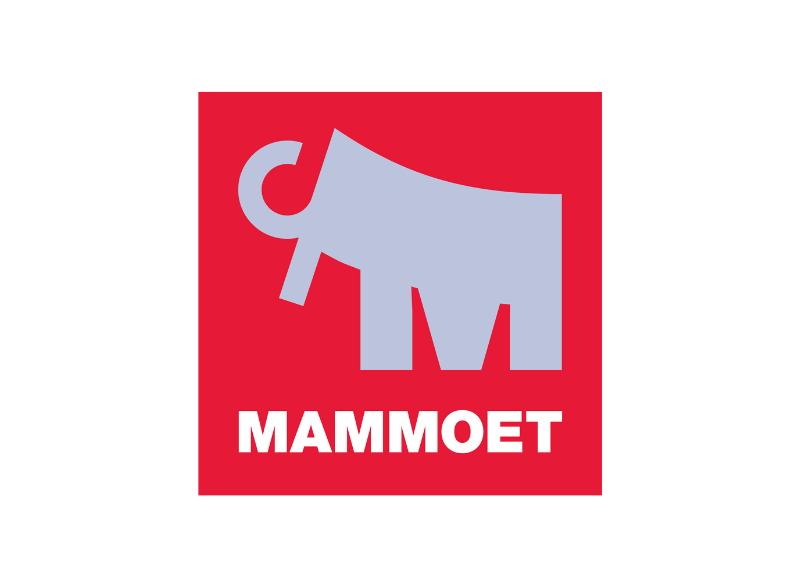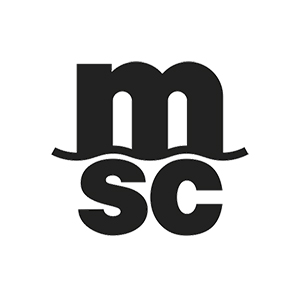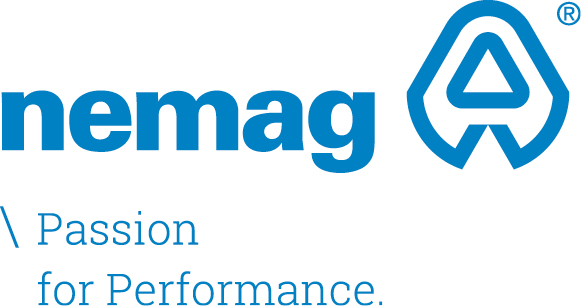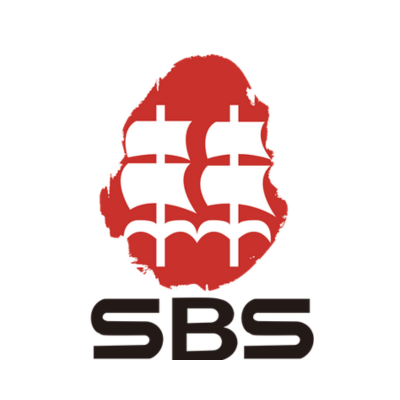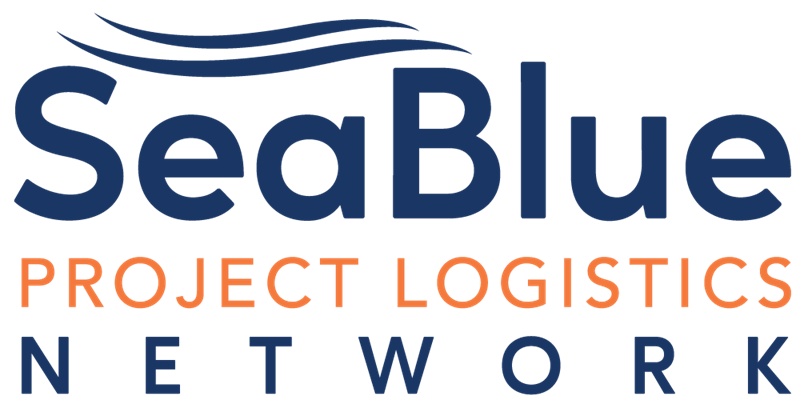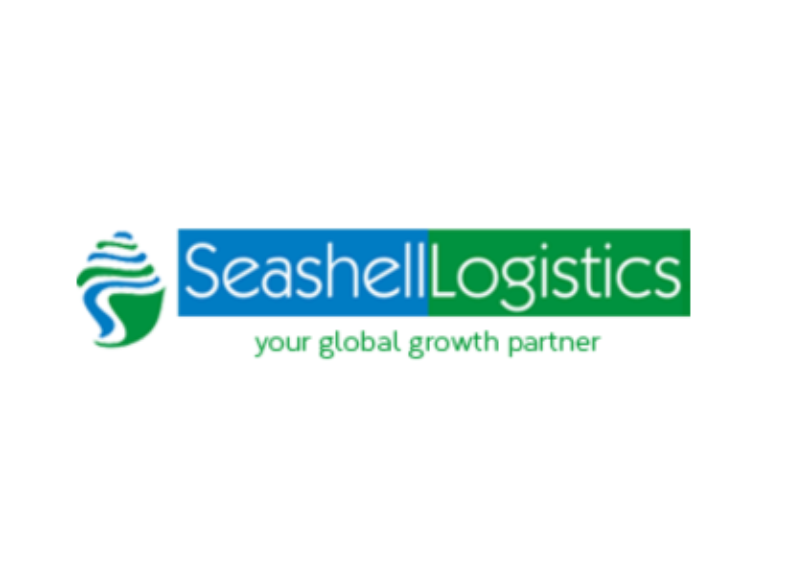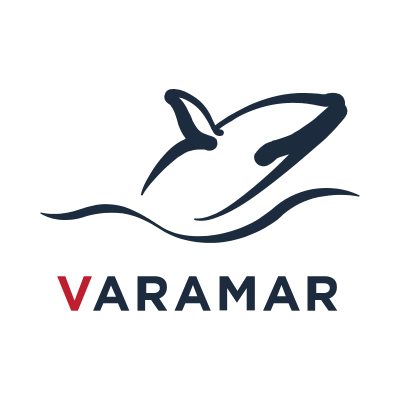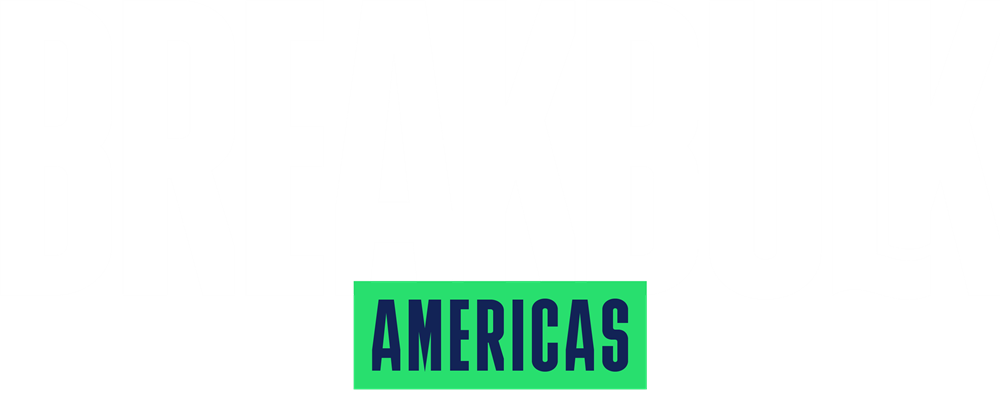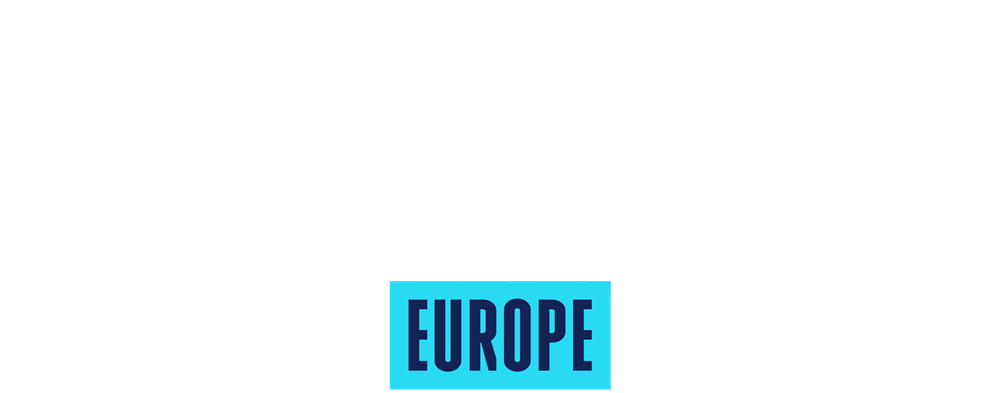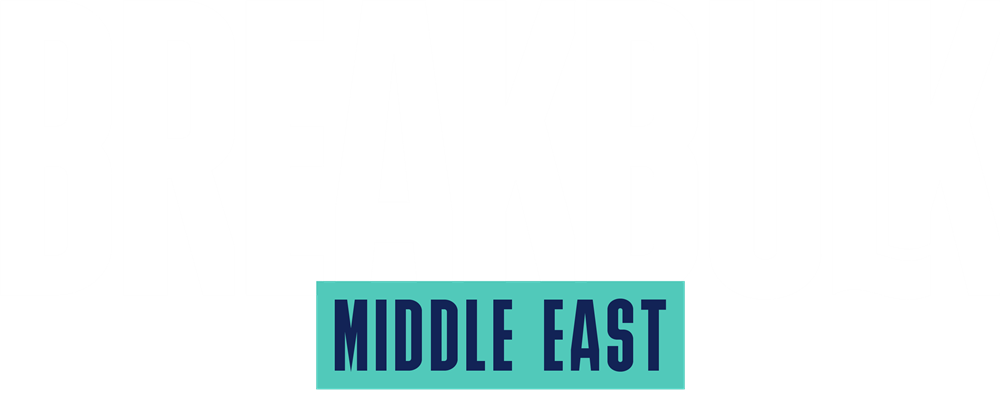Oct 05 | 2022
Panellists at Breakbulk Americas Session Offer Sound Advice for Companies
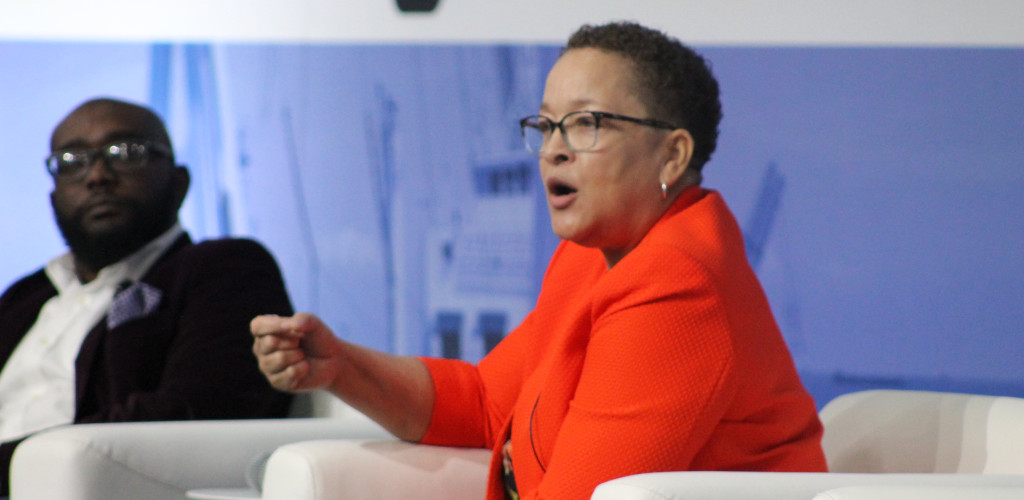
Bridging the talent gap looks a lot like bridging the generation gap. That was the overwhelming message from participants on the Breakbulk Americas ‘Talent Gap and Future of Work’ panel discussion in Houston.
Industry professionals acknowledged that different generations have remarkably different work styles and ethics. A baby boomer work horse putting in 60 hours a week in the office and a millennial tech-savvy newbie who spends many of her work hours at a home office or in a car can be like fire and water.
“We have five generations in this industry. They do not all have the same work ethic,” said Jacquie Young-Hall, maritime education outreach manager for Port Houston. “But each can still bring a great deal to the table.”
She cautioned that industry leaders need to see the value of different generations, and they need to mentor. Students and new applicants have to learn how to become part of the team, especially before they try to make changes.
“That will get you isolated real quick,” she said.
One rising new professional is Itoro Ibanga, logistics specialist at the Americas Procurement Centre at Air Liquide. Ibanga offered some advice to students looking to get into the port, maritime and breakbulk industries.
“Have a lot of conversations and a lot of action items. Have a “now” strategy instead of a long-term strategy,” he said.
Ibanga said there is a divide between the jobs that today’s students are visualizing – replete with strong brands and sustainability and digitalization and competitive salaries – and the workaday world.
It may seem like a small thing to established companies with an older workforce, but “a Gen Z student is not going to be inclined to go to work for a company with [a poor] social media presence,” said Kasey Eckstein, founder and executive director of Women in Maritime Operations, and president of Eckstein Trade & Transport.
Archaic technology is a red flag to young people. “We are also going to have a problem retaining the younger generation if we do not improve our technology,” said Eckstein.
The same goes for sustainability, but fortunately, maritime transportation is already the world’s most sustainable form of transportation, so maritime companies can use that in attracting young people to their workforce, said Eckstein.
Panel moderator John Hark is adjunct professor at Texas A&M and regional director at Bertling Logistics. He said, “Professionals have a role to talk to young people.” Companies have a role in fostering education if they want to ensure a strong talent pipeline.
They also must manage the expectations of new entrants. Young-Hall said the Port Houston maritime community has made a tangible effort. Their Partners in Maritime Education program brings together industry stakeholders to introduce students to diverse job opportunities and real-world career training paths.
“Port Houston and the ship channel create over 20% percent of Texas GDP” she said. “Yet few students know it exists. It is incumbent on industry to change that.”
The talent gap is real and not limited to ports and industrial cargo and supply chain.
“About 50 percent of our industry is over 55, and 25 percent of that number are ready to retire, but it is not just a Texas problem, or a US problem,” said Young Hall. It is global, and crosses many industries.
Solutions will have to include diversity, equity and inclusion. Eckstein said, “Diversity is extremely important to the younger generation.”
Ibanga advised students to find a mentor, and encouraged companies to be more accessible.
Young-Hall said the trick for students is in fearless networking. For companies, “Either welcome this generation with open arms or get pushed out of the way.”
Check out our interviews with the session panellists.
.png?ext=.png)
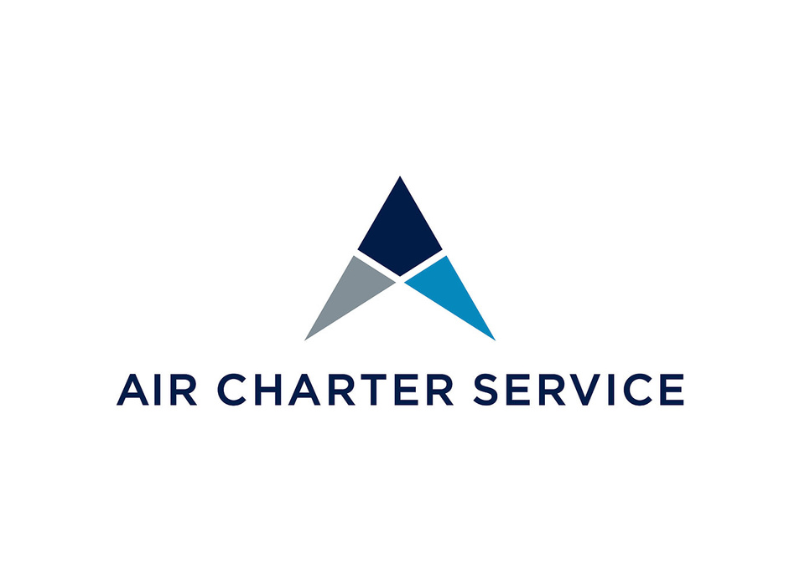
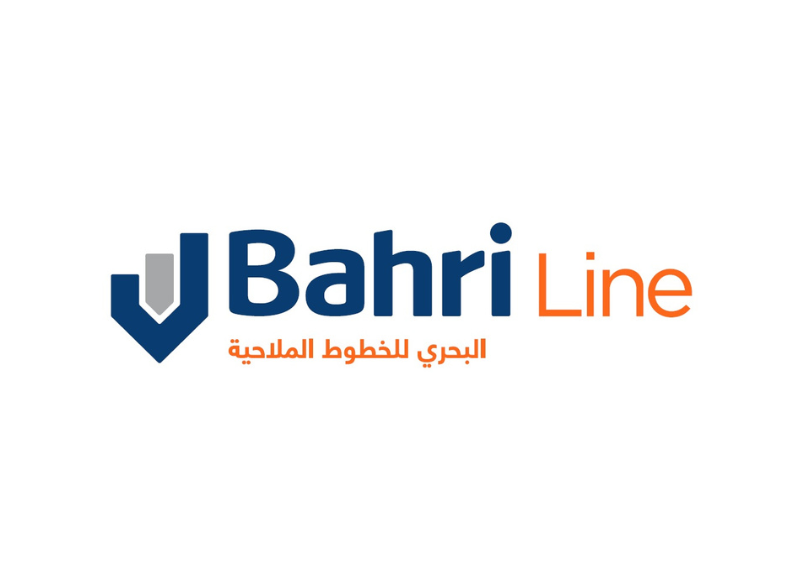
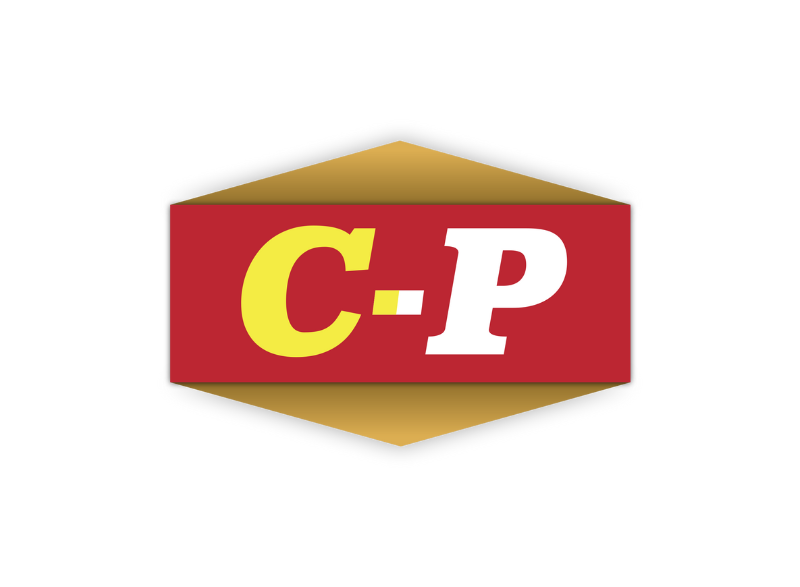
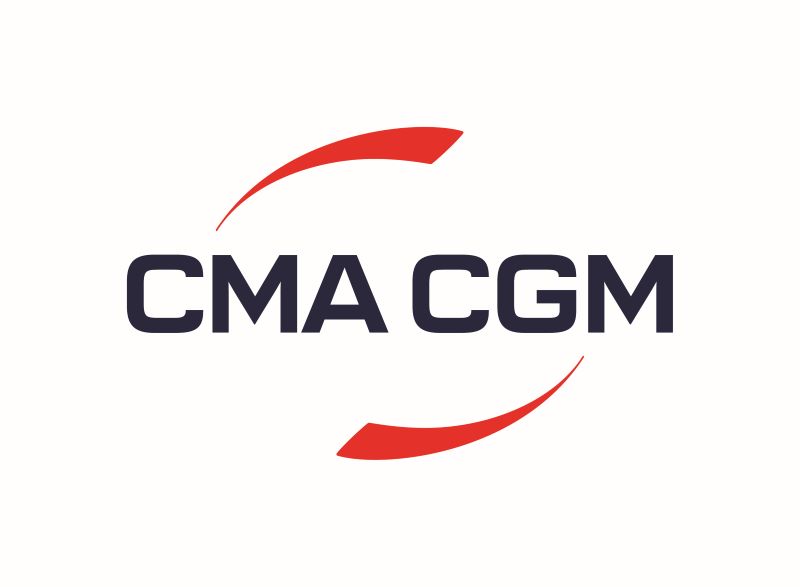

.png?ext=.png)
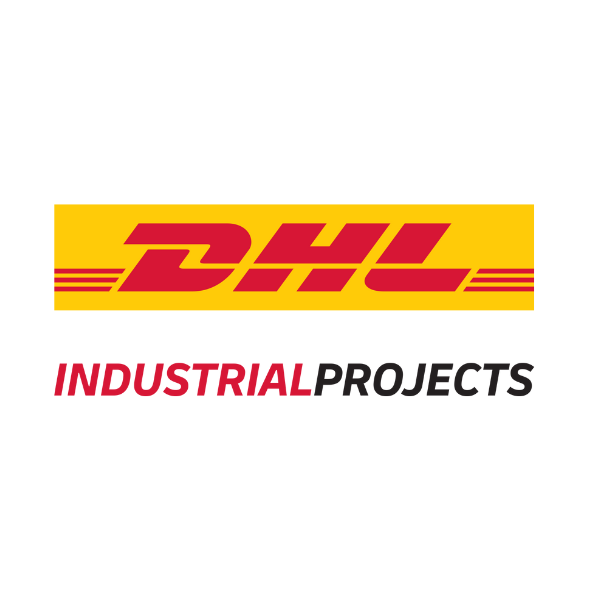
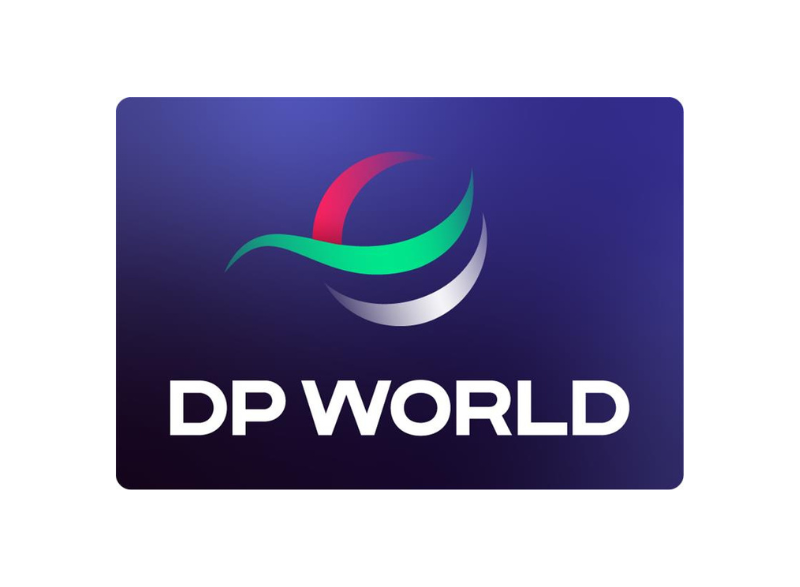
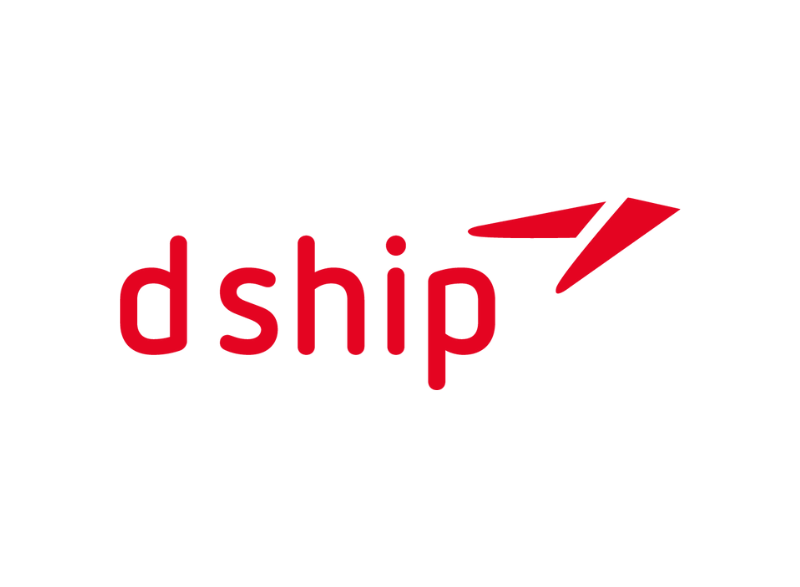
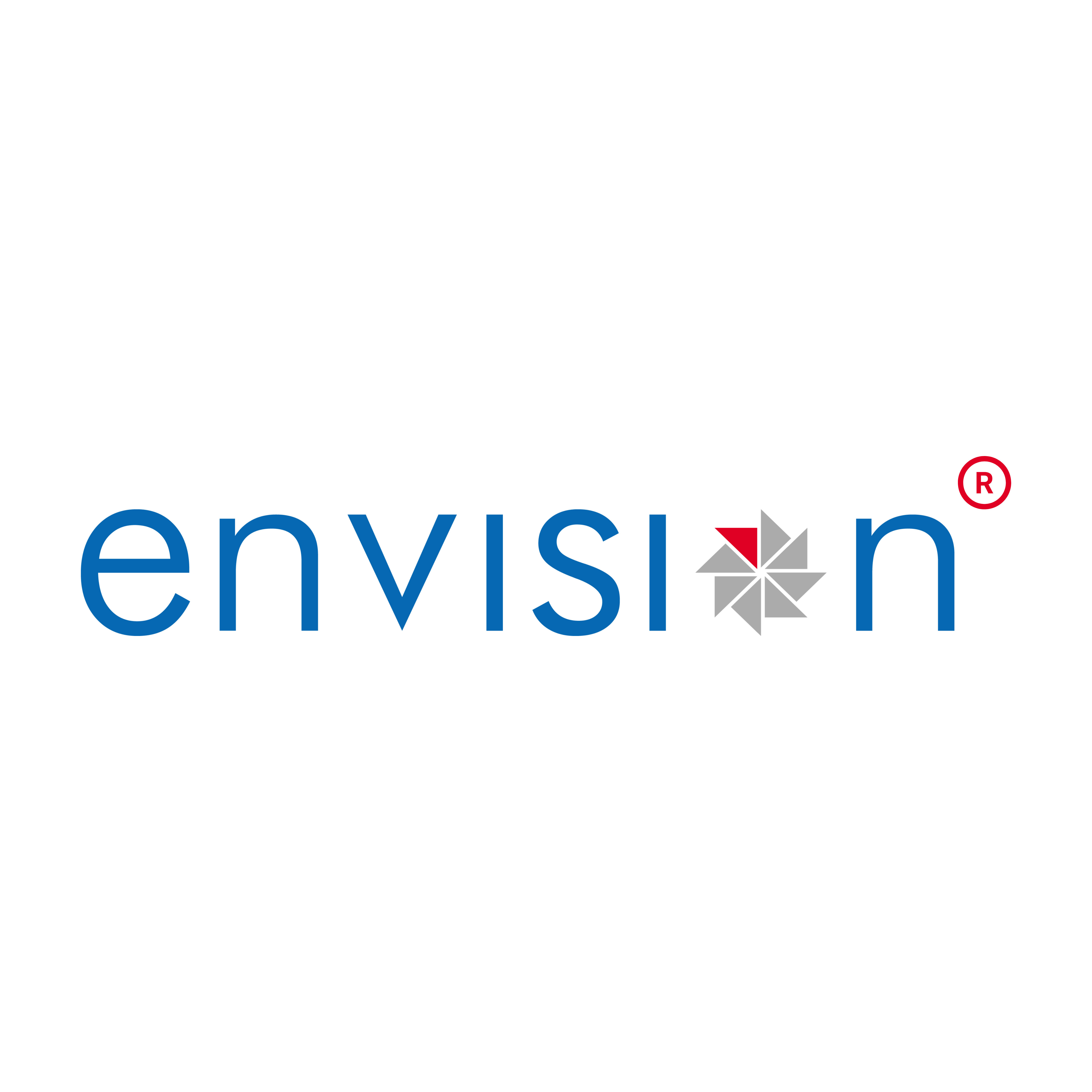
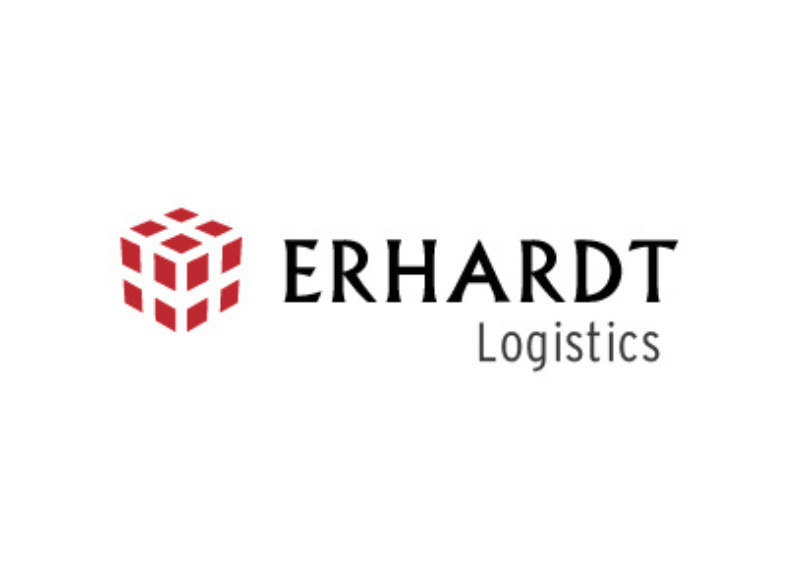
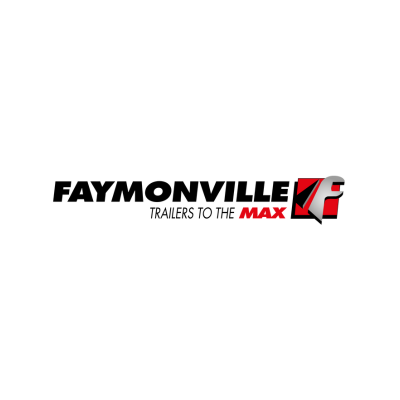
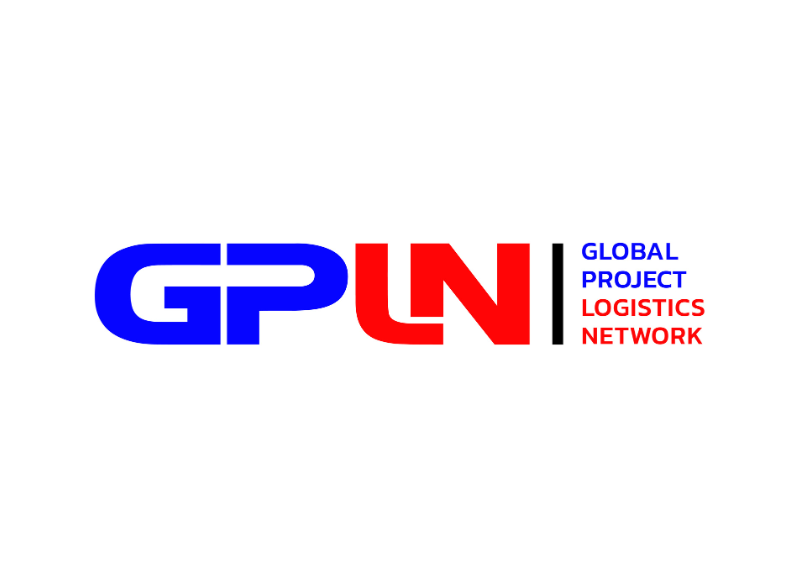

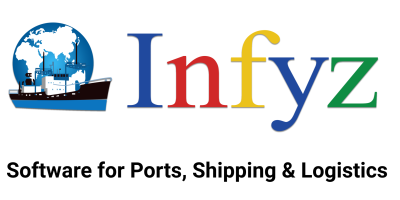
_3.png?ext=.png)
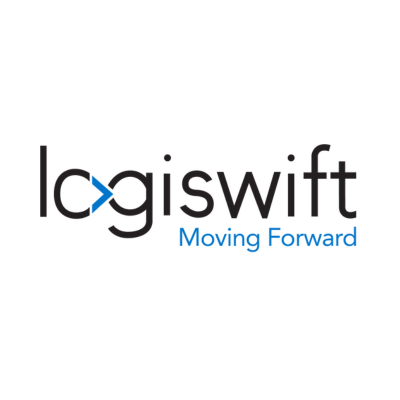
.jpg?ext=.jpg)
